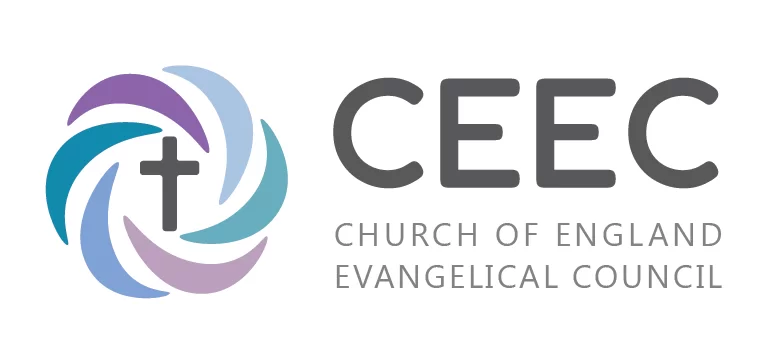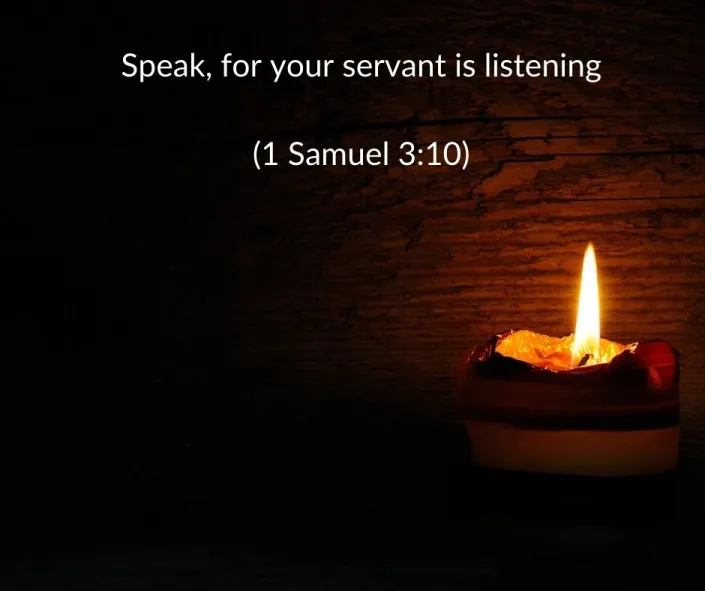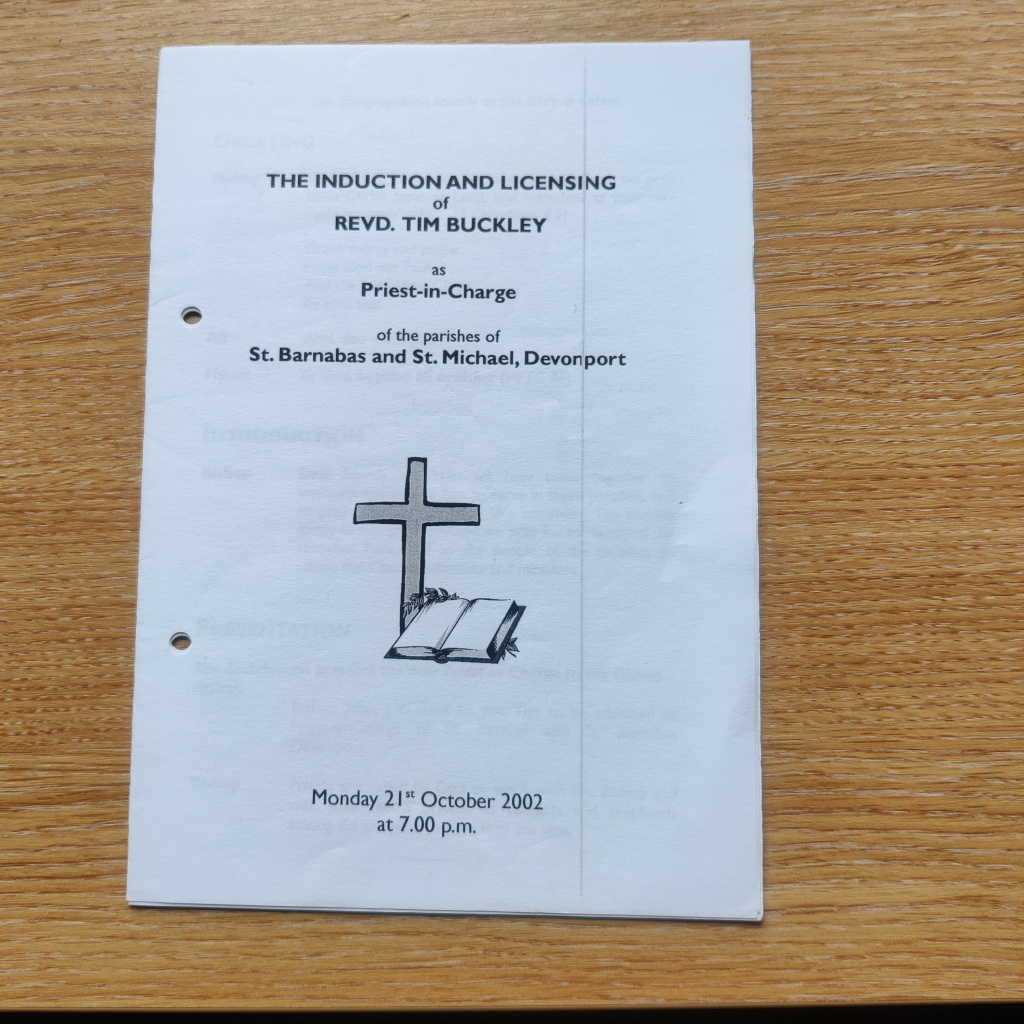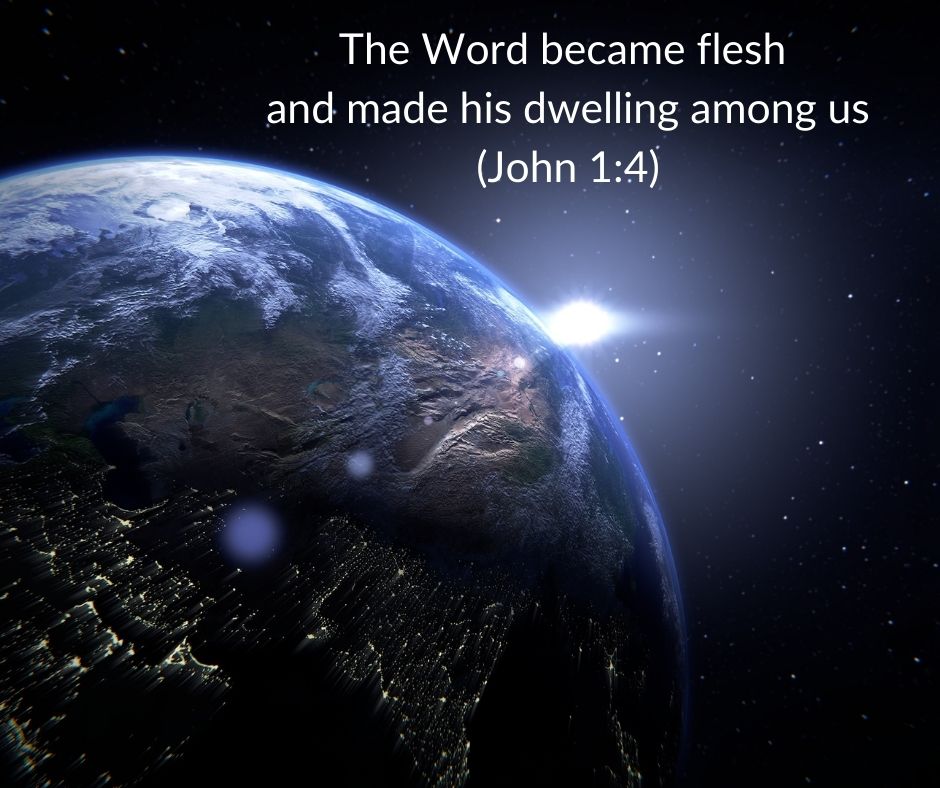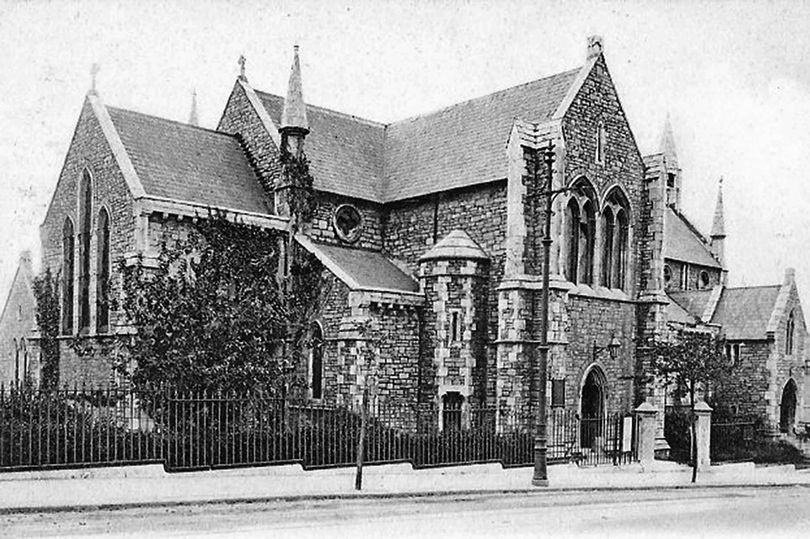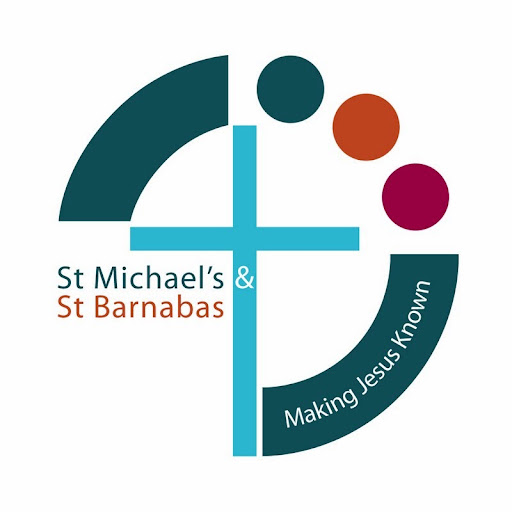There’s a popular meme on Facebook with the picture of a mobile phone. Underneath the caption reads like something this: “You wouldn’t let your phone run of battery. So why do you treat yourself any differently?”
Sadly we live in a very busy age when it seems many people do not stop until they are completely exhausted, and have no mental or emotional resources left. That is often as true for Christians as for anyone else. Yes, we may know we are saved by God’s free gift of grace, yet all too often we define ourselves by how busy we are, or how much we have managed to get done each day.
I am writing these words as much to myself as anyone else. I constant need to remind myself I am a human being, not a human doing. If something doesn’t happen, God’s still at work, and it doesn’t depend on my effort, but on His Holy Spirit.
Even so, while I may know this in theory, I need to learn to put the theory into practice. So how actually do we recharge? A few lessons from my phone:
Find out what is draining you
From time to time I find there is an app that is draining the battery. I may know it is running, or it may be operating away unseen in the background. We all have situations and circumstances which drain us – even though we may not always realise it. Sometimes we can change what is ahead of us. Sometimes we need to ask for the grace and perseverance to endure. But we also need to learn what gives us energy and gives us joy and not focus on what may seem a huge negative that dominates everything else.
Finally, brothers, whatever is true, whatever is noble, whatever is right, whatever is pure, whatever is lovely, whatever is admirable – if anything is excellent or praiseworthy -think about such things. So writes Paul in Philippians 4:8 – not that we spend our lives ignoring what is stressing or pressuring us, but that we put our negatives in their proper focus. That is how we can begin to find the peace of God (which Paul writes about in the previous verse) in the most adverse of settings.
Make sure you are properly connected
Recently I had to buy a new charging cable. I thought my phone was connected, when in reality it wasn’t. We can so easily think we are connecting with God simply by going through the motions of reading the Bible, saying our prayers, going to church. But if our heart is not engaging, if we are simply doing these things because they are routine, then the chances are, we will tend to find our spiritual disciplines a chore and a duty.
Of course there are times when all of us feel spiritually dry. We may ourselves crying out with the Psalmist my soul thirsts for you, my body longs for you (Psalm 63:1). But these barren patches are, I believe, given to us to test if we truly are wanting to connect with God, if we truly desire to encounter Him in a new way.
Perhaps part of the issue is that our sheer busyness dampens that desire. We count the minutes and the seconds it takes to read our Bibles, we hope the service will end on time. Actually there is no greater investment than spending time with the Lord – after all, one day we will be spending eternity with Him!
Take time to switch off
From time to time it is good to switch off your phone completely and then restart it. From time to time it is good to switch off completely from the pressures of modern life (which may well involve switching off your phone as well.)
I am fortunate I am able to go on retreat to a very special place near Oxford from time to time where I can spend time on my own with the Lord. But even if going away is not physically possible, there are still ways we can carve out time to connect once again with the Lord. Jesus Himself often went to solitary places to pray (Luke 5:16). He counselled us to go into the inner room to pray and close the door (Matt 6:6). Whether we are able to withdraw for just a few minutes, or a few days, that time should be seen as precious and counted as a priority.
One of my favourite stories in the Old Testament is the encounter between the Lord and Elijah in 1 Kings 19. Reading from verses 11 and 12:
Then a great and powerful wind tore the mountains apart and shattered the rocks before the LORD, but the LORD was not in the wind. After the wind there was an earthquake, but the LORD was not in the earthquake. After the earthquake came a fire, but the LORD was not in the fire. And after the fire came a gentle whisper.
Elijah just like us needed to learn that if we want to listen to the Lord, we need to be open to the gentle whisper. It was the gentle whisper that spoke to Elijah, and gave him new strength when he was at absolute rock bottom. I guess the fact you’ve read so far means you have to some degree laid aside the frantic busyness of your day. But what about tomorrow? Or that busy period you can see coming up? Phones need recharging regularly, maybe even every day. Why should we be any different?
So how spiritually charged are you at the moment? And what can you do to make sure you stay charged, and filled with the Holy Spirit day by day? Take a moment to think about your walk with the Lord, and how much you are allowing Him into the busyness of your life. There may just be something that needs to change.
 I can’t say all will be revealed here, as lots of what I do is confidential. But I hope some of what I say will be useful, and maybe even encouraging! Comments and feedback, as always, more than welcome.
I can’t say all will be revealed here, as lots of what I do is confidential. But I hope some of what I say will be useful, and maybe even encouraging! Comments and feedback, as always, more than welcome.


 Posted by LB
Posted by LB 